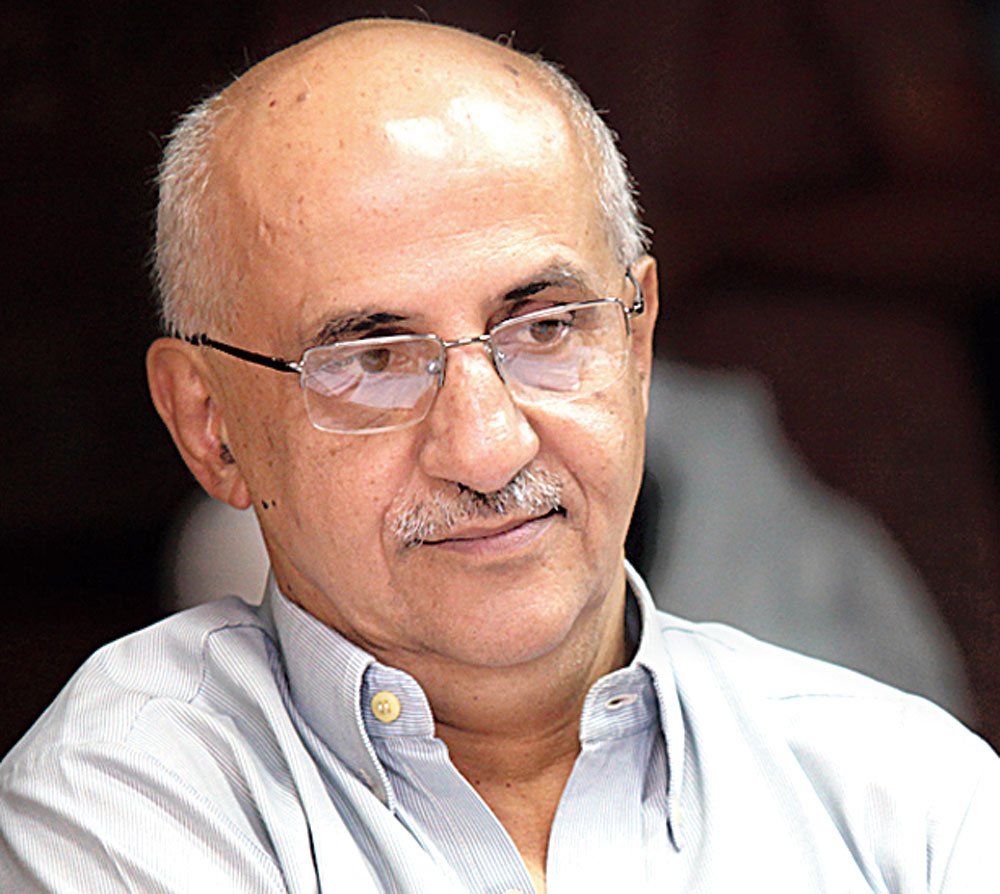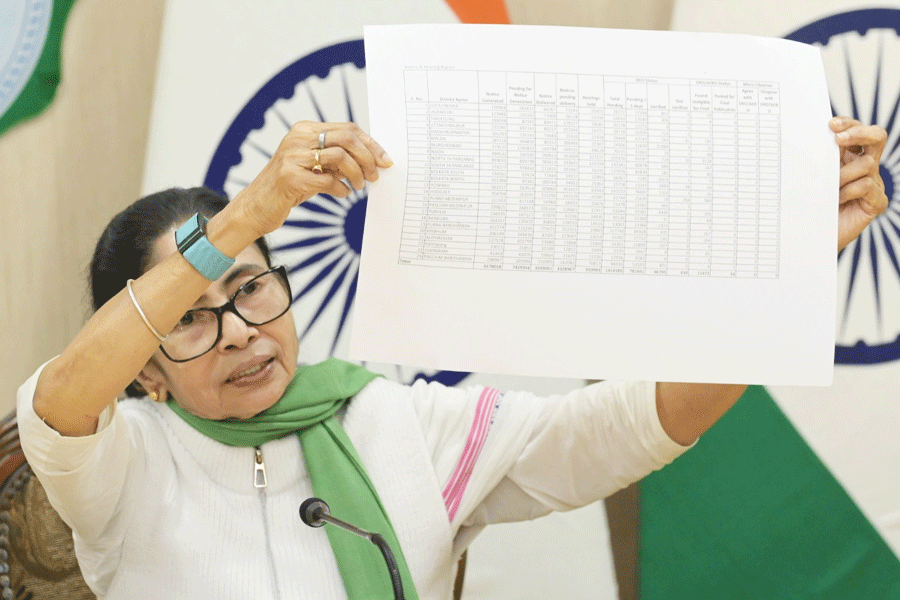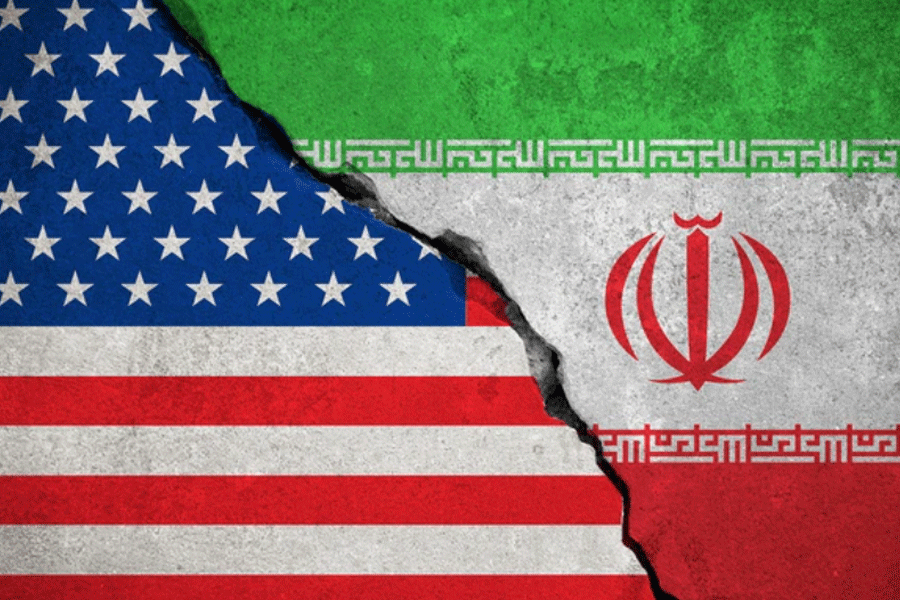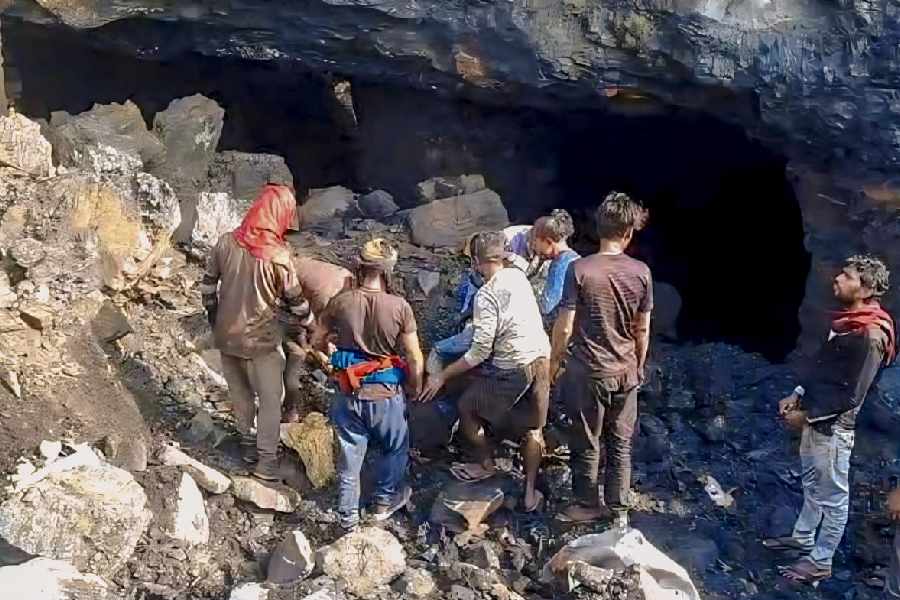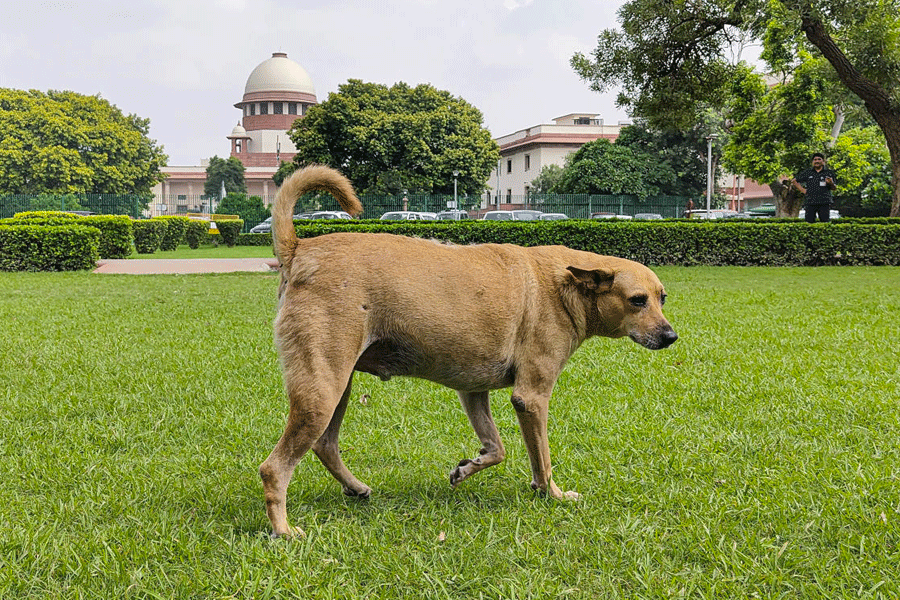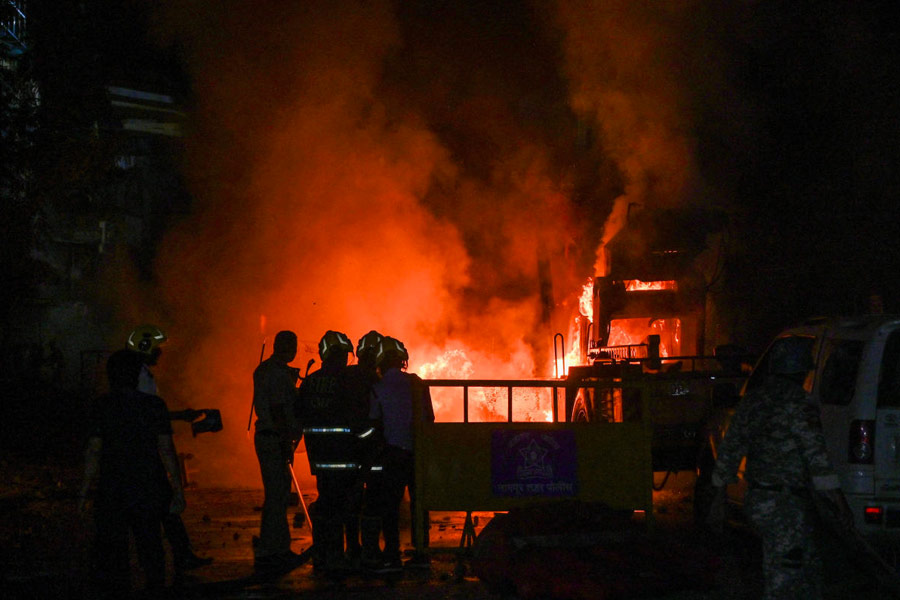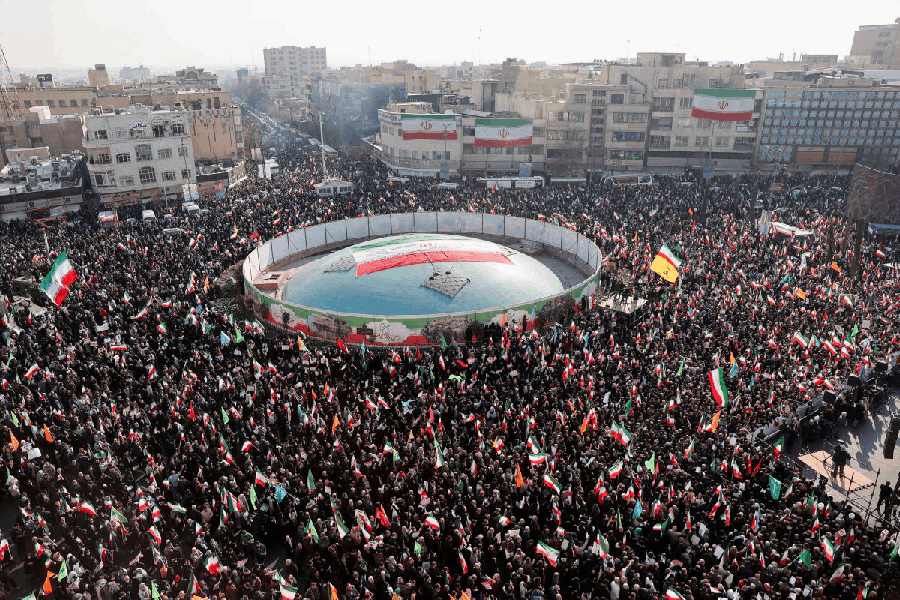Social activist Harsh Mander said on Sunday the country was going through a “dark, long night” that would be remembered because of the Rashtriya Swayamsevak Sangh’s bid to complete the “unfinished agenda of the Partition” and the people’s struggle against the new citizenship matrix.
The former IAS officer, who took voluntary retirement from the civil services after the Gujarat riots of 2002, said the nationwide protests against the Citizenship (Amendment) Act had succeeded in reviving the hope that India could still be the country Mahatma Gandhi and B.R. Ambedkar had envisioned.
Mander, in Patna for a lecture, called for a non-cooperation movement against the National Population Register, another contentious proposal in the citizenship tripod of the CAA, National Register of Citizens and the NPR.
“People of RSS ideology believe that it is time to complete the unfinished business of the Partition and the law (CAA) in one way talks about it. According to them, the Muslim population of our country should go to Pakistan and Bangladesh, while the Hindus living there should come here…,” Mander said.
“On the other hand, we, the people of India, are trying to complete the unfinished business of the freedom struggle that dreamt of a country having humanity, equality, where everybody will be welcomed with love and brotherhood.”
Mander was addressing the Tata Institute of Social Sciences (TISS) — Takshila Lecture 2020 on “contemporary challenges to India’s democracy”.
The activist, who is also an author whose book Unheard Voices: Stories of Forgotten Lives inspired a film by Shyam Benegal, said there were different aspects to the darkness prevailing in the country — hunger, scarcity of drinking water, unemployment and differences on the basis of religion and language.
It has become darker over the past four to five years, he added, because of the spread of hatred.
Mander said the ideology of hatred led to the massacre of hundreds of thousands of people during the Partition and the assassination of Gandhi and urged his audience to decide what they wanted: a country for Hindus, as conceptualised by the RSS and the Hindu Mahasabha, in which the minorities would be second-class citizens, or a nation that followed the ideals of Gandhi and Ambedkar?
The activist said he had started losing hope when the citizenship law was amended last year but the people’s movement revived his optimism.
“When this law was made, they believed that only Muslims would participate… (in the protests), but their plans failed. People from all religions participated in countrywide protests with the national flag and (copies of) the Constitution in their hands,” Mander said.
“People are now saying that enough is enough. This has revived my hopes and optimism because, when Germany had brought its own citizenship law to discriminate against the Jews, people did not come out on the streets. The movement (against the CAA) has succeeded because it shows that people from different religions can come together and unite, just as they did during the freedom movement.”
Mander, however, said it was not necessary to come out on the streets any longer and called for countering the “NPR with non-cooperation”.
“The most important thing is to strengthen fraternity in the society so that no government can succeed with its politics of hatred and intolerance. It will provide the light in which we will come out of this long, dark night,” he said.
The bureaucrat turned activist, who has joined protests against the CAA at various places, including at Shaheen Bagh in Delhi, rued that people across the word were electing leaders like “Donald Trump in the US, Jair Bolsonaro in Brazil and Prime Minister Narendra Modi in India”.
“A certain type of leader is being liked across the world. They talk about dividing people instead of bringing them together. Their whole politics is divisive. We are electing leaders who are normalising our hatred and calling it correct,” Mander said. “It’s time to think why we are choosing them.”

